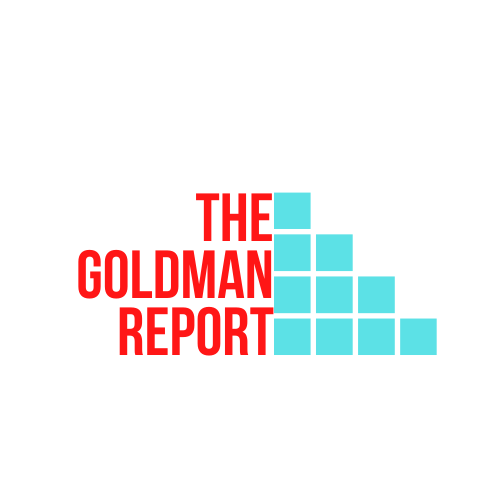Australia finally bans Nazi symbols-well, almost
Victoria will become the first Australian state or territory to make the public display of the symbols illegal following a recent rise in neo-Nazi activity and calls from the opposition and anti-Semitic leaders to stamp out hateful behaviour.
Sign up to read this post
Join Now

